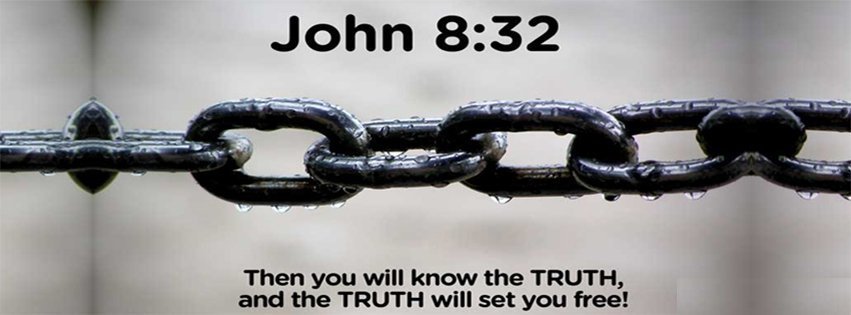It happens almost every time I have coffee with a friend. It happens when my wife and I watch our favorite shows on a lazy Saturday morning. It happens when I lose myself in a game with my children. But it also happened one time when my daughter stopped breathing. “It” is the transformation of time. My wife and I were at her parents house when my infant daughter started running a high fever. For some reason my first reaction was to take off my shirt and hold her to my chest. This was pure instinct, but I found out later that it is one of the best ways to reduce a child’s temperature. When a parent holds their child skin to skin the heat from the child’s body actually transfers to the parent. We called the doctor’s office and they suggested running a lukewarm bath, but after a few minutes of holding her in the room temperature water, her eyes rolled back in her head and she stopped breathing. In that moment time ceased with her breath.
That is what fear, pain, sorrow, and darkness can do in our lives. They slow time down, and if they go deep enough they can stop it altogether. Thankfully the paramedics arrived and rushed my daughter to the hospital. We found out that she was susceptible to febrile seizures, a condition we had never heard of, but one that is common in children under ten. But do our experiences really change the flow of time, or is it simply in our minds. The answer is yes to both, but to understand why we have to examine what time actually is. Italian physicist Carlo Rovelli suggests that time is nothing but a localized projection of individual and collective human experience. What that means is that there is no universal flow of time apart from human experience. If time slows down for you, then time itself truly slows down. This fluctuating view of time is essential for us to understand what life can be like now and what it will be like in the future.
I grew up imaging heaven as an endless duration of trillions upon trillions of years. The more I think about this and talk about it with other people, I continue to discover that most find this view of eternity terrifying, but at the same time they feel it is explicitly taught in the bible. It’s important to remember that God uses things we know to help us understand things that we can’t know. For example, there are many different descriptions of heaven throughout the bible (John 14, Hebrews 12, Revelation 7), and these descriptions are true, but none of them fully encompass what our experience of the next life will be like. Our thoughts about this topic can also lead to a very harmful way of thinking about God’s relationship to time. SPOILER ALERT. There is a scene from the Netflix series Black Mirror that perfectly illustrates what I’m describing. In the episode White Christmas John Hamm punishes the digital copy of a woman by accelerating her experience of time. It’s possible for us to start thinking of God as existing in this manner; in a type of “time outside of time” where he is thinking and acting in much the same way that we do, but as an observer of time rather than a participant.
For God to participate in time does not mean that he must be bound by time, or that he must experience change. God’s participation in time is itself a timeless participation. This happens in much the same way that light interacts with matter, or the way that joy, peace, and love interact with our hearts and minds. When you experience joy, peace, and love, time speeds up, and the more you experience those emotions, the more quickly time accelerates. In mathematics this is described as an asymptotic relationship; so the next time you hear someone complaining about the uselessness of algebra, you can tell them that it reveals something very profound to us about our relationship with God and time! This is good news for anyone who might be terrified by the idea of infinite duration, of existing for trillions of years. What we experience in part in this life (an hour that feels like a minute) we will experience fully in the next, a timeless union with love itself.
The painting at the top of this page is Time in Eternity by Leon Devenice
P.S. This understanding of our relationship with God and time is far from being universally agreed upon. It is a topic that I discuss frequently with church leaders from around the country on twitter, so if you’re interested in learning more you can follow me on twitter @mattlarimer. Now, if anyone tells you that this is not the “majority view” throughout the history of the church, kindly disregard that comment because it is not true. Something that is commonly taught, however, is that our experiences and our emotions are not essential for knowing God. Origen, one of the greatest interpreters of Scripture in history, quoted 1 Corinthians 14:32, “the prophets are subject to prophets,” to highlight the importance of our experiences and emotions. Scripture itself is a collection of writings from the prophets, communicating their experiences with God; with the purpose of drawing us into our own experiences.


